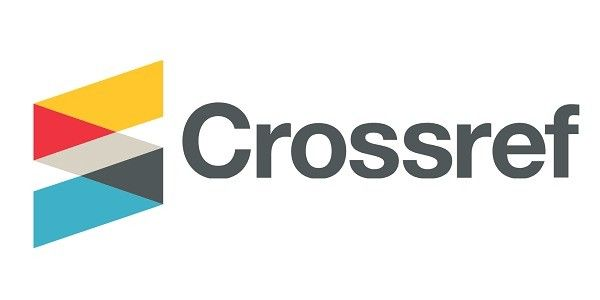НЕКОТОРЫЕ ПРОБЛЕМЫ РАЗВИТИЯ ТОЛЕРАНТНОГО ОТНОШЕНИЯ У УЧАЩИХСЯ НАЧАЛЬНЫХ КЛАССОВ
DOI:
https://doi.org/10.56525/JGKT9266Ключевые слова:
толерантность, общение, взаимодействие, толерантное отношение, субъектно-субъектное взаимодействиеАннотация
В данной статье раскрываются теоретико-методологические аспекты развития толерантного отношения учащихся начальных классов. Проведен анализ философских, психологических и педагогических аспектов значений понятий «толерантность» и «общение». Подчеркивается, что развитие толерантного отношения у учащихся начальных классов является многогранным и многофункциональным явлением, основой которого выступает процесс взаимодействия и коммуникативного взаимодействия между участниками образовательной среды. В статье детализируется философское значение толерантного общения, которое включает такие качества, как культурное поведение, познавательная деятельность, мыслительные процессы, разумность, межличностные отношения и активность. Психологический и педагогический аспекты толерантности описываются через готовность и способность личности воспринимать особенности других людей или объектов без сопротивления, навязывания или принуждения. Для изучения уровня развития толерантного отношения у учащихся начальных классов была проведено диагностическое исследование. В рамках исследования применялась методика В.В. Бойко, которая включала проведение опросов. Полученные результаты подверглись всестороннему анализу. На основе данных исследования были сформулированы научно-методические рекомендации и предложены эффективные педагогические подходы для формирования толерантности у учащихся.






